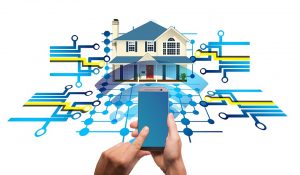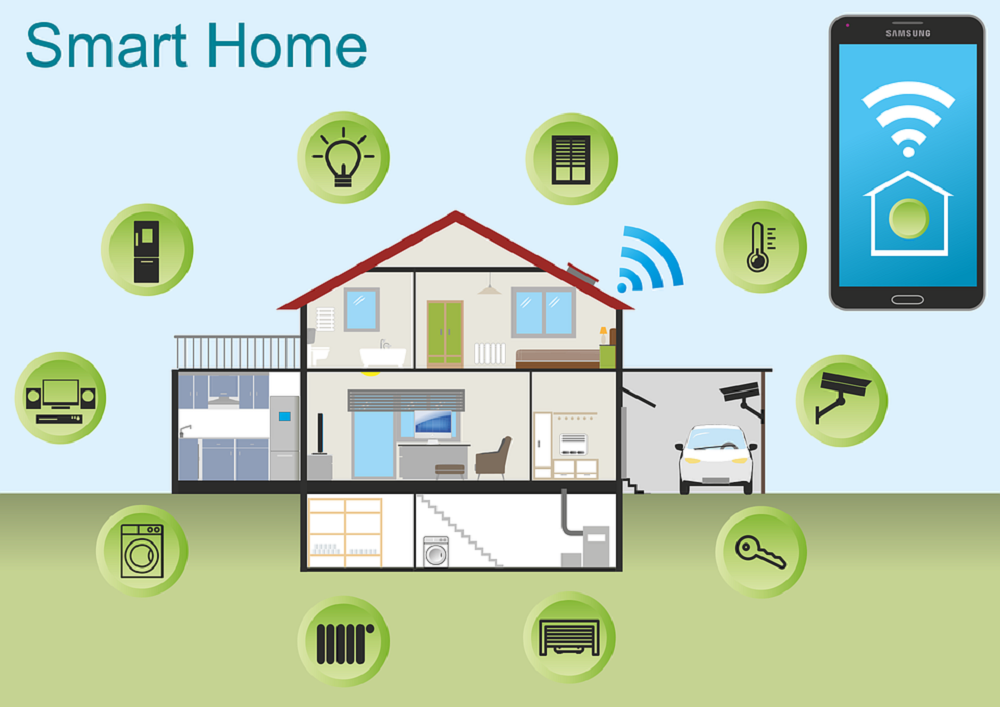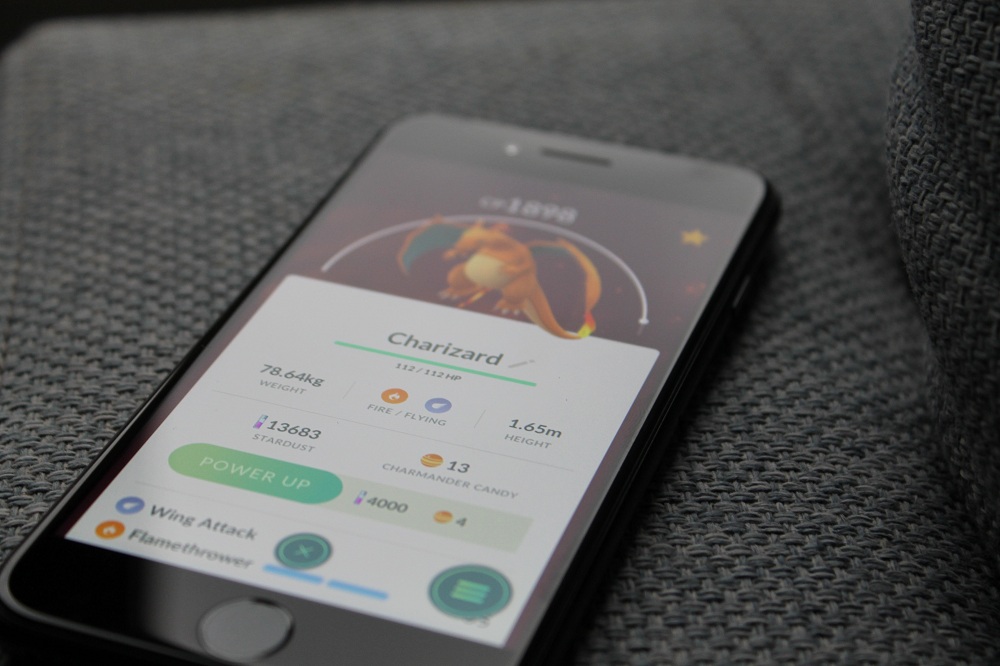Lately, people have been talking about smart homes and how wonderful they are. But are they really the kind of homes The Jetsons promised us, or are they just expensive gimmicks that will steal our personal information?
Because smart homes are now science fact, we will discuss some of the science fiction that still surrounds it.
Fiction 1: Smart Homes Are Just a Fad!
Like any new technology, smart homes are just another buzzword meant to sell you flashy products that ultimately do nothing to improve your quality of life! Don’t believe the hype, this smart home gimmick is just going to fizzle out and die, just like Y2K or hoverboards!
Fact: Smart Homes Are Here to Stay
The reason a lot of people are opting to automate their houses and turn them into smart homes isn’t just a gimmick: there are hundreds of smart appliances and apps out there that help homeowners do amazing things like cut down on energy usage or remote monitoring.
Right now, however, it’s understandable why some people might decry smart homes as just another corporate gimmick; the tech is still incomplete, some of it might be hard to use, and because it’s new, it’s still a luxury for most people. But then again, that’s the same thing they said about smart phones, or the internet, for that matter.
Give it time. Smart home tech is improving every day, with devices that can control both lighting and temperature to help you reduce your electric bill or devices that alert you when a particular door or window is unlocked. The tech is on the way, and there’s no stopping the smart home revolution.
Fiction 2: Smart Homes are Way Too Expensive!
 So, you’re telling me I need to pay THOUSANDS of dollars just to put a computer lock on my door? No thanks! Smart homes are way too expensive! I’m not Tony Stark, you know!
So, you’re telling me I need to pay THOUSANDS of dollars just to put a computer lock on my door? No thanks! Smart homes are way too expensive! I’m not Tony Stark, you know!
Fact: Smart Homes aren’t THAT Expensive
In a study done by tech experts, they found that smart homes aren’t actually going to break the bank. Sure, some devices can be in the $4000-and-above price bracket, but these are luxury items that you can do without. There are, after all, cheaper alternatives that work just as well and are just as practical.
But even with a price tag that only the middle class and above would be comfortable with, smart home devices are still useful. Remember when we said that there are devices out there that help you drastically cut back on energy use? That translates to savings, and given a reasonable amount of time, these devices practically pay themselves.
Besides, like we mentioned, the tech is still new. Give it a couple more years, and smart home devices will be cheaper, better, and can easily replace a lot of the appliances you have now that cost you money. There are developers out there, like Tesla, who are busy perfecting solar panel technology. In a matter of a couple of years, they promise to roll out smart homes that run completely on renewable energy, which means getting you off the power grid completely. No more power bills!
And it doesn’t stop there: there are devices being developed that can generate power via wind, recycle plastics and turn them into reusable products, even cheap 3D printers that can create furniture and other items that you can use around the house. The possibilities are endless.
Fiction 3: Smart Homes can Easily be Hacked!
All this computer talk makes me nervous! Can’t computers be hacked? What if these hackers get into my smart home system and steal my personal information? I don’t want my own home turning against me!
Fact: Smart Homes Have a LOT of Precautions Against Hacking
 In a survey done by researchers, they found that over 70% of consumers are worried about hackers breaching smart homes and stealing data. While the possibility of hacking is true for any smart device, it’s also something that developers are prepared for.
In a survey done by researchers, they found that over 70% of consumers are worried about hackers breaching smart homes and stealing data. While the possibility of hacking is true for any smart device, it’s also something that developers are prepared for.
Smart home devices are installed with layers upon layers of protection: from EMP-proof cables to highly-complex data encryption. Both physical and digital aspects of smart devices are carefully plotted out and built in such a way that they are as safe as they can be.
The fact of the matter is, most smart homes now are so safe (at least, from a digital perspective) that it wouldn’t be worth a hacker’s time and energy to try and break in.
Of course, it goes without saying: don’t make it easy for hackers. Protect your passwords, make sure your firewall is up, and don’t forget to lock your doors.
Fiction 4: Smart Homes are only for Techies!
Encryption? Smart devices? Renewables? I don’t understand half these words, so I’m going to be scared rather than try to understand it! Smart homes are way too technical for a layman like me!
Fact: Anyone Can Use a Smart Home
 Like with any new technology, there is a learning curve. Yes, some devices require a little bit of technical proficiency, but most of the time, your installer will brief you on how to use your smart home device in an easy-to-understand way, not to mention the developers who work hard to make it your device as fool-proof as possible.
Like with any new technology, there is a learning curve. Yes, some devices require a little bit of technical proficiency, but most of the time, your installer will brief you on how to use your smart home device in an easy-to-understand way, not to mention the developers who work hard to make it your device as fool-proof as possible.
Most devices, however, are much simpler, just plug it in and it works on its own. That’s the whole point of a smart device: it’s supposed to make your life easier by running in the background. If anything breaks down, most smart devices will have dedicated service hotlines that can easily troubleshoot it for you.
Of course, if you want to turn your house into the bridge of the USS Enterprise, then yeah, you’ll definitely need some kind of technical expertise. But since you’re just a simple homeowner and not a starship captain, I think you’re good for now.
The Future of Smart Homes
Like what was mentioned, smart home technology is still in its infancy: there are still many obstacles to overcome, gremlins to slay, and code to write. But despite this, current smart home tech is very impressive for how young it is, and its an investment worth making to make your life just that much easier.
What are your thoughts on the smart home revolution? Start a conversation with us in the comments section below!


